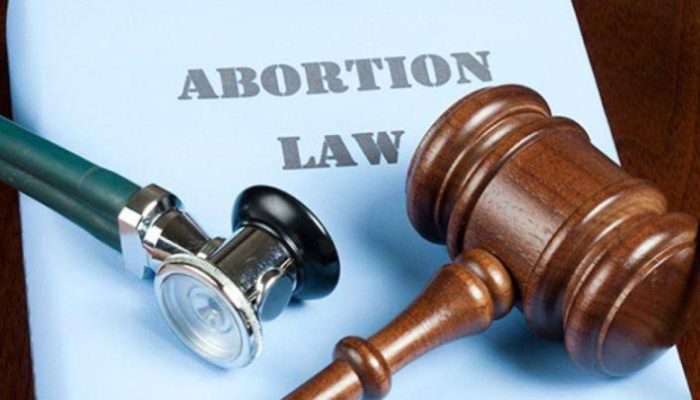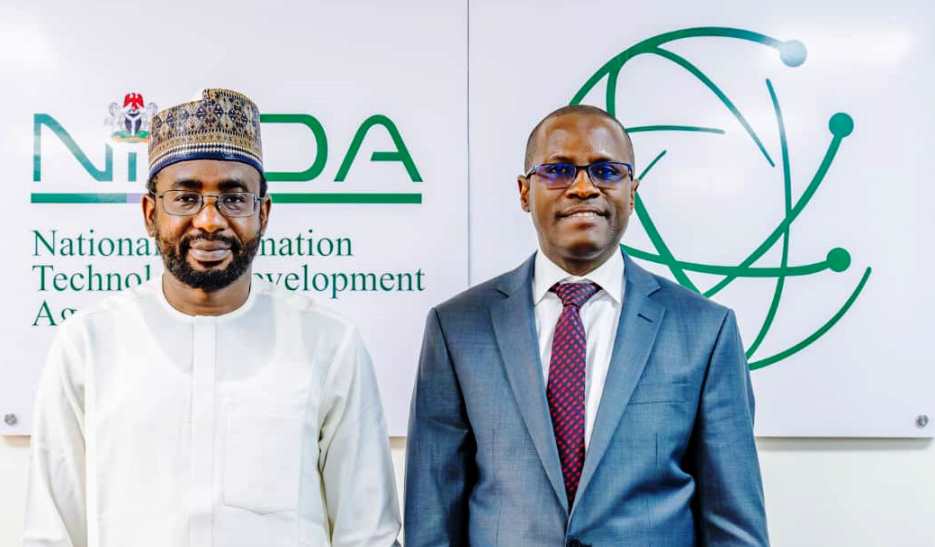As Nigeria commemorates International Safe Abortion Day, growing concerns about women’s health and reproductive rights have moved to the forefront of public discourse. The Women Advocates Research and Documentation Centre (WARDC), a prominent Nigerian non-profit dedicated to promoting women’s rights, has sounded an alarm over the ongoing crisis of unsafe abortions, which continue to threaten the lives and wellbeing of thousands of women and girls across the nation.
Dr. Abiola Akiyode-Afolabi, WARDC’s founding director, used this year’s observance to underscore the urgent need for reform. “Access to safe abortion is a human right. It is not just a legal or moral issue but one that deals with dignity, healthcare, and personal autonomy,” she stated during a press briefing, according to WARDC’s 2024 release.
The Hidden Costs of Restrictive Abortion Laws
Nigeria’s current laws permit abortion only when the life of the mother is at risk, a policy dating back to colonial-era ordinances. This landscape has fostered an environment where stigma and fear push many—especially young, economically disadvantaged, and rural women—towards clandestine and unsafe procedures. According to a 2023 study by the Guttmacher Institute, approximately 47,000 women worldwide die each year due to complications from unsafe abortions, with Nigeria contributing a significant percentage of these preventable deaths.
“The scale of the problem is staggering. Stigma, poverty, and limited access to accurate information combine to put women in harm’s way,” explained Dr. Akiyode-Afolabi. “These deaths are not inevitable. Many could have been prevented if we invested in proper healthcare and destigmatised conversations around reproductive rights.”
The Data Behind the Crisis
Recent national health surveys point to the unrelenting pressure faced by Nigerian women. According to the Guttmacher Institute, an estimated 1.25 million induced abortions take place each year in Nigeria, with many procedures performed outside regulated health facilities. The consequences often include severe infections, infertility, and even fatalities. Such data, WARDC notes, highlight systemic gaps in Nigeria’s healthcare system and the social infrastructure meant to protect women and girls.
- Restrictive abortion laws have not eliminated demand but pushed it underground.
- Women with fewer resources—especially those in underserved communities—are at the highest risk.
- Access to post-abortion care is critical, yet significant barriers remain.
Community Voices: Living Through the Challenge
Local advocacy group member, Blessing Okon from Benin City, shared her experience supporting vulnerable girls in her community: “We see so many girls and women who come to us too late, after complications have set in. There is still a lot of silence and shame. Many fear seeking help because of the stigma or threat of prosecution.”
Dr. Yetunde Balogun, a Lagos-based gynecologist, echoes these concerns: “Much of what we see in our emergency wards can be traced to unsafe abortion attempts by untrained individuals. Until we acknowledge the health reality and develop accessible reproductive health services, women will continue to pay the price.”
Legal Realities and Calls for Reform
Nigeria’s legal system allows abortion only when the mother’s life is endangered. Attempting or performing an abortion for other reasons carries significant legal penalties. Advocacy groups like WARDC argue that such restrictions violate international agreements Nigeria has ratified—including the Maputo Protocol, which calls for broader protections for women’s reproductive health.
Notably, African neighbors such as Ghana and South Africa have adopted more progressive abortion laws. According to the Ghana Health Service, since the relaxation of legal barriers and increased public education, maternal deaths from unsafe abortions have notably declined in Ghana. South Africa’s Choice on Termination of Pregnancy Act of 1996 is often cited as a model for reducing abortion-related deaths through safe, legal access.
Expert Perspectives: Bridging Health and Human Rights
Legal scholars and healthcare professionals alike insist that reforming abortion laws is both a public health and human rights imperative. Professor Isa Mutu, a legal analyst at the University of Abuja, remarks, “When you criminalise abortion, you do not end abortion—you only drive it away from qualified professionals and into darker corners of society. A rights-based approach, supported by comprehensive sexuality education and robust health services, has proven effective elsewhere.”
According to the UN Population Fund (UNFPA), removing legal restrictions and promoting safe abortion care are associated with a reduction in maternal mortality rates. The World Health Organization (WHO) also advocates for post-abortion care accessibility across Africa, as a critical step in safeguarding women’s lives and futures.
Next Steps: What Advocates Are Demanding
WARDC’s appeal to policy makers is multi-faceted:
- A comprehensive review of abortion-related laws and policies in line with international standards.
- Widespread sexuality education that empowers young people with knowledge and choices.
- Universal access to affordable contraceptives and family planning services.
- Access to quality post-abortion care without fear of prosecution or discrimination.
- Decriminalisation of women and healthcare providers who operate within ethical guidelines.
“The time has come to confront these systemic failures head-on. Women deserve better, and Nigeria cannot continue to ignore this health crisis,” Dr. Akiyode-Afolabi reiterated. She stressed that change requires the combined efforts of government, civil society, healthcare professionals, and community leaders.
Broader Implications: Nigeria’s Challenge in a Global Context
Nigeria’s struggle is by no means unique. Around the world, restrictive abortion laws have failed to eliminate the practice but have succeeded in making it more dangerous. International Safe Abortion Day is now observed in over 50 countries—symbolising a shared quest for women’s health, rights, and autonomy.
The ongoing conversations in Nigeria mirror similar debates across West Africa and beyond. While some nations are making legislative advances, others remain mired in controversy. For millions of African women, the issue is not abstract—it is about survival, dignity, and the right to control one’s own future.
A Path Forward: Collaboration and Dialogue
As voices for reform grow louder, advocates urge the Nigerian government—as well as cultural and religious leaders—to foster open dialogue and informed policy-making. Emphasizing community engagement, inclusive education, and evidence-based policy is critical for achieving lasting change.
“Safe abortion saves lives. Silence and stigma cost lives,” Dr. Akiyode-Afolabi concluded. “We must choose which future we want for our daughters and communities.”
Where do you stand on the issue of safe reproductive healthcare in Nigeria? How can communities work together to ensure women’s lives are protected and their voices heard? Share your thoughts below—and let’s keep this crucial conversation going.
For support, tips, or general feedback, reach out any time at support@nowahalazone.com.
Follow us for updates and join the discussion on Facebook, X (Twitter), and Instagram. Your voice matters—let’s work together for change!










